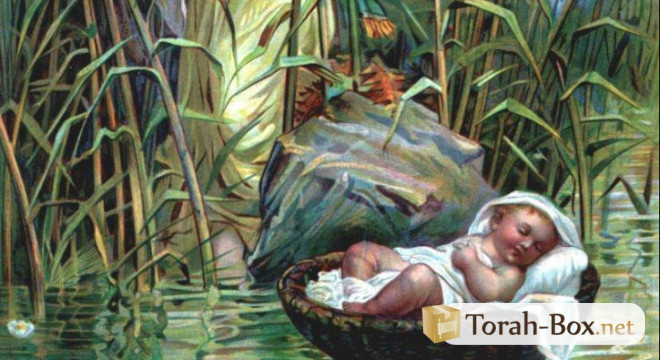
Women
Miriam: The Hidden Heroin of the Egyptian Exile
Moshe Rabbeinu, the greatest prophet and the spiritual leader of the Jewish people, is commonly recognized as the emblematic figure of the Egyptian exile. But what is less spoken about is the decisive role that his sister Miriam played in her ascent as leader of the Bnei Israel. Let's take a closer look at who Miriam was, and the lessons that can be learned from her virtuous actions.
Pharaoh, the king of Egypt, wanted to wipe out the Jews. In order to achieve this, he issued a decree to kill all newborn Jewish boys and he ordered Miriam and his mother, Yocheved, to perform this cruel task. Both were midwives, and saved, thanks to their expertise, an innumerable number of babies despite Pharaoh's decree. Their fear of G-d was much greater than their fear of Pharaoh. Miriam's second name is Puah because she managed to soothe crying babies. Moreover, according to the Midrash, Miriam prophesied that one day her mother would give birth to the redeemer of the Jewish people.
Over time, Pharaoh realized that employing midwives to carry out his infamous plan did not work. He ordered his Egyptian soldiers to throw all the newborn boys into the Nile. After hearing about this news, Amram, Miriam and Aharon's father, was discouraged and told himself that it was useless, even dangerous, to have other children if they were destined to be thrown into the Nile. He decided to divorce his wife, who was three months pregnant at the time.
Once again, Miriam intervened and told her father that his decision was more destructive than Pharaoh. She told him that Pharaoh targeted only boys, while he, in separating from his wife, condemned any Jewish soul that was destined to descend into this world! Miriam's arguments promptly convinced Amram to remarry Yocheved, and the marriage took place publicly to encourage all other Jewish men to do the same. A few months later, Moshe Rabbeinu was born, and his parents immediately saw that he was a Tzaddik (righteous man) and that he would become the savior of the Jewish people. He congratulated his daughter Miriam for being so wise.
A few days after the birth of Moshe, in order to avoid Pharaoh's unscrupulous decree to kill each newborn, Yocheved, was forced to put her infant in a cradle and throw him into the Nile. Miriam went on her own to the Nile to make sure that the Bnei Yisrael's future savior would be safe. Indeed, she could not rely solely on the idea of trusting G-d; she had to put in an effort.
Through this conduct, we learn the relationship between Hishtadlut and Emuna; putting in an effort and relying on G-d. The latter is essential and constitutes the very essence of the Jewish people, but it goes hand in hand with the effort that is required.
Finally, Rav Isaac reveals an extraordinary secret about Miriam's actions. Just as the prophetess stood on the water's edge, anxious about her brother's fate, the Shechina, the divine presence, still dwells among the helpless Jewish people, lost in the midst of hostile nations.
Through Miriam's righteous and calculated action, we can see what a crucial role she played in Egypt. Not only did she refuse to harm Jewish newborns despite Pharaoh's command, but thanks to her prophecy and tenacity, she saved the life of Moshe Rabbeinu, the ultimate redeemer of the Jewish people. She also made sure that he did not get engulfed by the waters of the Nile and that he was safe. As the saying goes, behind every great man there is a great woman. And this woman was Miriam.
May we, just like our ancestor Miriam, perceive the spiritual threats in our surroundings. Let us have the insight and the mental strength to brave all the obstacles that the Yetzer Hara puts in our way. Let us invest body and soul for our family, and know how to put in effort and trust in G-d. May we all reveal Miriam's spark sleeping within us!
Torah-Box.net Account
To access the entire Torah-Box.net website, sign up for free in less than a minute.
Weekly Parsha
 Candle Lighting - New York
Candle Lighting - New York
Friday February 20th, 2026 at 17:18 *Shabbat ends at 18:20 *
change my location
* Times given as an indication, check the times of your community








